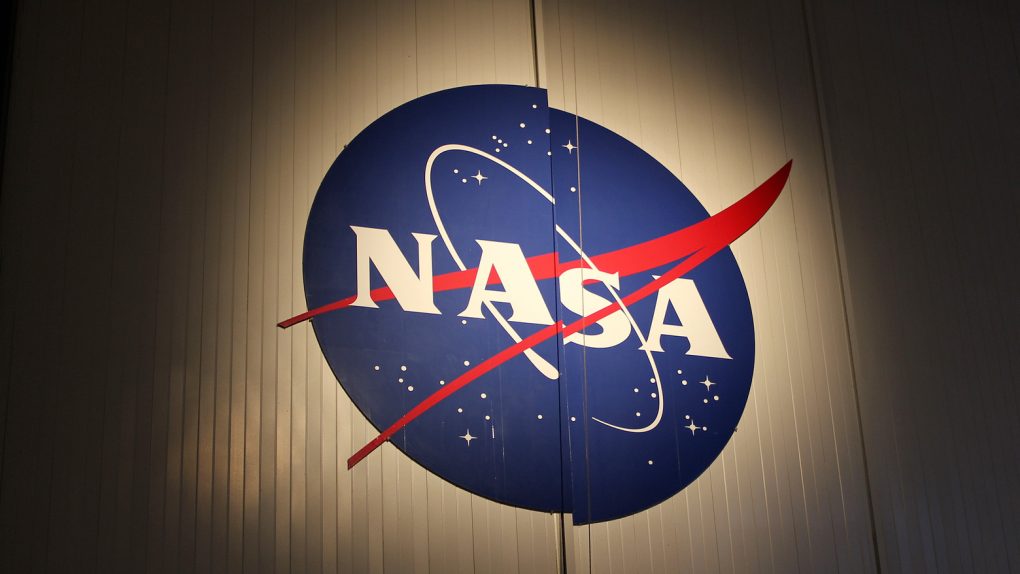President Donald Trump’s gutting of many government entities has created some serious outrage from both sides of the isle, but one scientific agency Trump isn’t really messing with is NASA. The newly minted NASA Transition Authorization Act which just gained Trump’s signature lays out the agency’s budget for 2018, and it includes almost the exact same amount of funding as NASA has in 2017, and more than in both 2016 and 2015. Oh, and Trump definitely wants humans to visit Mars, too.
Under the bill, long-term NASA projects like the Orion spacecraft will continue to receive the funding they need to make it to the finish line, and the overarching goal of getting humans to the red planet by 2030 will still be more or less on track. Much of that work falls under the Planetary Science Division, which will receive the highest budget it’s ever seen.
However, NASA’s earth sciences budget — which helps to fund research into climate change, weather models, and other extremely important ventures that could impact the future of mankind as a whole — will see a modest cut in Trump’s budget. The group will see a drop in funding from $1.9 billion in 2017 to $1.8 billion in 2018, which will mean some projects will need to be put on hold or cancelled entirely. NASA’s Office of Education, which provides grants and fellowships as well as university programs and funds outreach to get students interested in sciences, will also be cut under Trump’s bill.
On the bright side, the bill also includes an act that mandates lifelong healthcare and monitoring for all NASA astronauts, relieving the burden of space-related health problems for those brave enough to venture into the void. The National Space Council will also be revived to serve as a helping hand for matters require the cooperation between NASA and other government agencies, and is essentially designed to make it easier for NASA to get things done.








